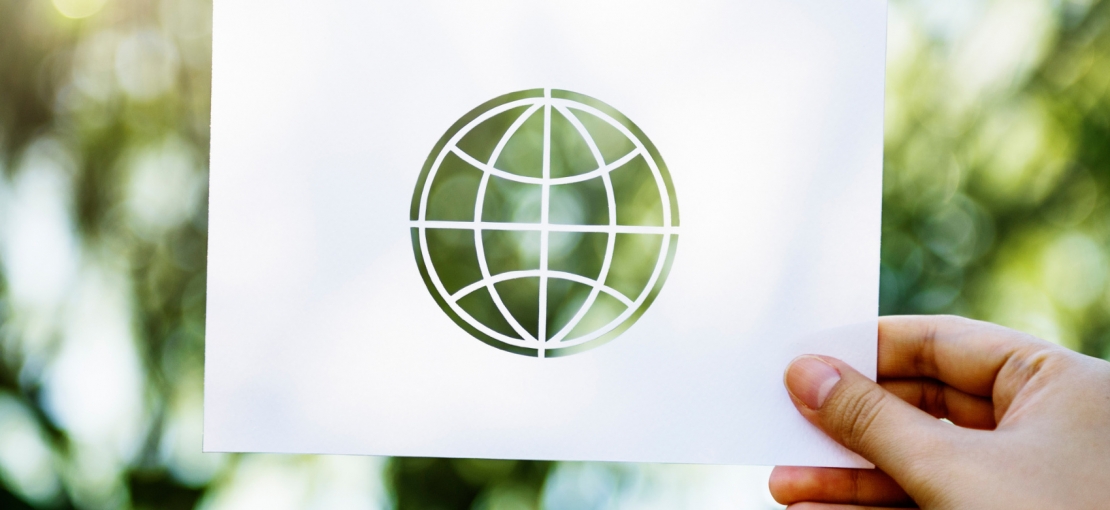
VAUDE Greenpeace Detox Commitment
Important questions and answers about our commitment
As Europe´s most sustainable outdoor brand, we are committed to leadership in environmental and social responsibility. We have been working diligently to improve sustainability at VAUDE for many years. With a wide array of dynamic policies, solid processes, and knowledgeable experts in place, we are well positioned to continue living up to our leadership role.
The VAUDE Greenpeace Detox Commitment is another piece in the puzzle within VAUDE’s commitment to sustainability.
What’s included in the VAUDE Greenpeace Detox Commitment?
In the VAUDE Greenpeace Detox Commitment, VAUDE acknowledges its responsibility for the entire life cycle of VAUDE products, including clean production in our supply chains.
This commitment incorporates three major challenges:
- Releasing no hazardous chemicals into the environment
- Actively contributing to new, responsible business models for more sustainable products and consumption
- Transparent public reporting on all results and progress as well as challenges and unresolved issues.
What does this mean for the VAUDE Team?
With a wide array of dynamic policies, solid processes, and knowledgeable experts in place, we are well positioned to continue living up to our leadership role. The VAUDE Greenpeace Detox commitment is another piece in the puzzle within VAUDE’s commitment to sustainability.
Having said this, we are well aware of the challenges within this commitment. Some serious difficulties lie ahead of us which will require enormous resources, manpower and creativity to solve. This commitment has truly taken us far out of our comfort zone.
Still, we are convinced that it is the right thing to do.
What does this mean for our customers and partners?
The Detox Commitment is helping us strengthen our dialogue with retail, consumers and partners. Sustainability in the textile industry is a complex matter and the commitment has improved our ability to illustrate this while making it easier to understand with clear goals and timelines. It is improving our communication of sustainability topics, so people gain a better understanding of their benefits regarding health, community, and recreation.
Driving the business towards more sustainability is a win-win situation for each one of us, our children, and the entire planet.
What has VAUDE committed to?
We commit to a VAUDE-specific action plan. This involves
- full supply chain transparency (material suppliers and manufacturers)
- a stringent manufacturing restricted substance list (MRSL) which regulates strict limits and/or usage bans of critical substances within the entire production process as well as finished goods
- substituting hazardous chemicals in our supply chain in accordance with the precautionary principle and a hazards based approach (including PFC)
- testing all discharge of hazardous chemicals based on this MRSL and publishing these test results
- close cooperation with suppliers and industry leaders, as well as training, capacity building and auditing of supply chain partners
We also commit to contributing to systemic change towards more sustainable design and living by acknowledging our extended producer responsibility. This involves:
- promoting circular design and product development to slow and close the production loop
- analyzing the economic value of pre-consumer waste
- implementing systems for the re-collection of used VAUDE products
- initiating new ownership programs, such as 2nd use, renting, or upcycling
- publishing use, care and repair guides for end consumers to prolong products´ use phase
- raising public awareness
2020 - What have we achieved in terms of the supply chain?
Transparency in the supply chain
We have been publishing our entire supply chain in our Sustainability Report in a fully transparent manner since 2016.
Introduction of the MRSL
An important step along our Detox route was the introduction of a VAUDE Manufacturing Restricted Substances List (M/RSL) in 2016. While we had been focusing on compliance with limit values in our finished products, the list now applied to the entire manufacturing process. In other words, from yarn production to weaving, dyeing, coating/laminating and other finishing steps.
100% of our partners have signed our M/RSL. This shows that the acceptance and active cooperation of our supply chain has grown and we have been able to create a solid foundation. More about this
Eliminating the use of hazardous chemicals
We have been a partner of the bluesign® system since 2001, following one of the strictest sustainability standards for textiles. Nevertheless, there were (and continue to be) critical groups of substances that are allowed and used because of a lack of alternatives. Of course, their use and application is strictly regulated by limit values, but we have nevertheless voluntarily set ourselves the target of systematically eliminating these chemicals from the manufacturing processes.
The focus of Greenpeace's demands was to eliminate the use of polyfluorinated and perfluorinated compounds, known as fluorocarbons or PFC for short. More about this
By voluntary signing the Greenpeace Detox Commitment in 2015, we made a clear commitment to phasing out the use of chemicals of concern by 2020. We knew that this would be a huge challenge. In addition to PFCs, there were another ten critical substance groups that couldn’t be used or released into the environment.
VAUDE hasn’t used PFCs in membranes since 2011. When it came to fluorocarbons, the biggest challenge for us was to provide our outer fabrics for weatherproof apparel with a PFC-free finish that offered durable and reliable water-repellent functional properties. Public pressure stemming from the Greenpeace campaign provided the push the industry and the chemical supply industry needed. We worked closely with our producers and suppliers, organized round table discussions and brought together partners who were used to acting as competitors. It was successful. Promising new developments came to the market, which led to testing, testing and more testing. Each material reacts differently depending on its surface textures or colors, and process reliability had to be established in production. Several hundred material tests with the new PFC-free alternatives were necessary to get from laboratory tests to practical application.
Our route to Detox
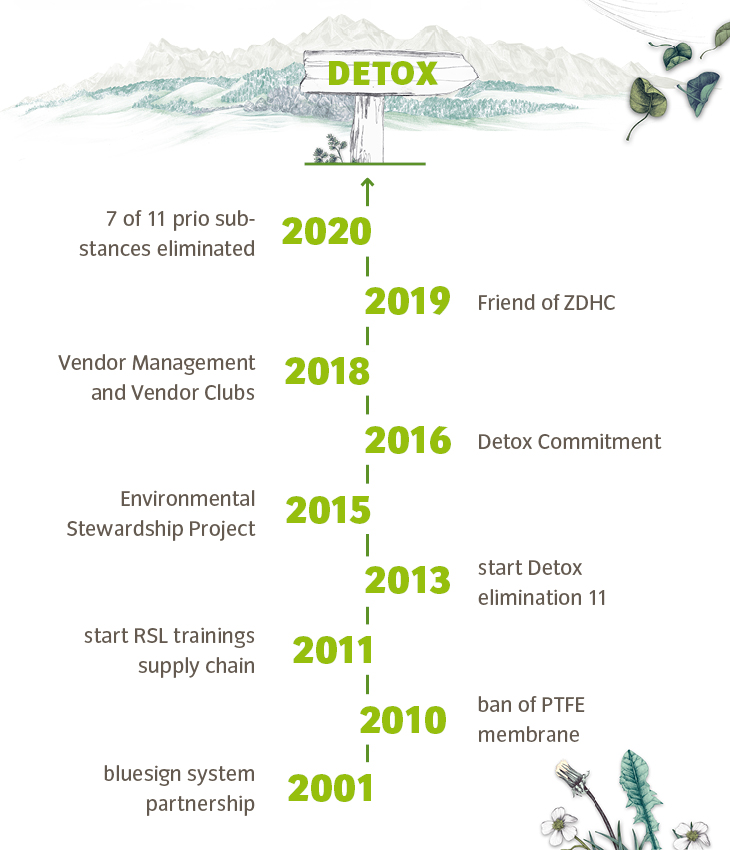
We are proud of the fact that our apparel fabrics have been PFC-free since 2018. While we did have to fall back on a PFC-containing finish for two styles in our W20 Collection (as we couldn’t achieve sufficient waterproofing otherwise), in the S21 Collection and onwards we are once again 100% PFC-free for apparel fabrics. We are particularly pleased that we have also completely transitioned to PFC-free alternatives for our footwear and backpacks starting with the current Summer Collection 2020.
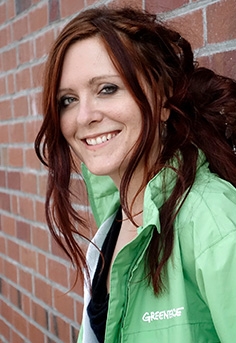
© Foto: Jiri Rezac/Greenpeace
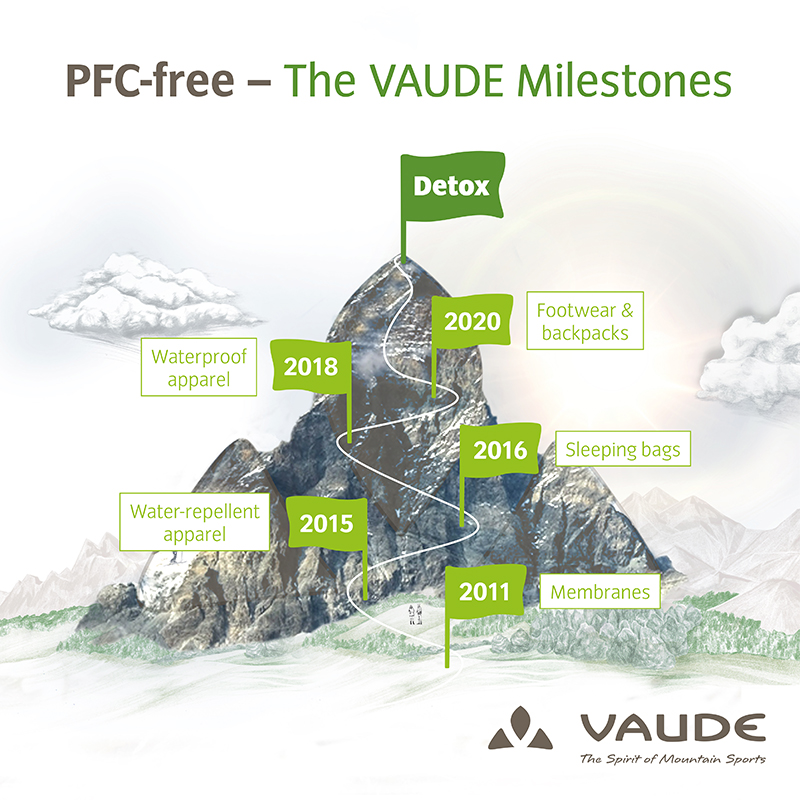
Closer cooperation with the supply chain
Together with our suppliers, we are working in partnership to minimize our ecological impact. Whether that means implementing the Detox Committee requirements or our measures regarding Science Based Targets (SBT), we are striving toward climate neutrality in the supply chain.
From project to a strategic Environmental Management System in the supply chain
In cooperation with the German Federal Ministry for Economic Cooperation and Development (BMZ), VAUDE launched the project "Environmental Stewardship in the textile Supply Chain" in 2015. As part of a "develoPPP.de" program sponsored by the German Development Society (DEG), VAUDE supported material suppliers in introducing or improving systematic and sustainable in-house environmental protection.
The knowledge gained in that project is now part of our Supplier Management System, which covers the issues of environment, social affairs and quality.
Our Environmental Management System is currently pursuing these main issues:
- Water/wastewater management
- Chemicals Management
- Energy Management
- Waste Management
The VAUDE Vendor Club emerged from the project with events in our countries of production that serve to comprehensively address environmental and social issues together with other suppliers, external experts and VAUDE employees. The events can take the form of lectures, workshops or sharing examples of best practices and these opportunities for in-depth communication lead to a better understanding of the concerns of all parties. Jointly defining the next steps to take and monitoring effectiveness is also a benefit. Only together and in partnership can we implement issues such as science based targets or climate neutrality of our products and the supply chain. More about this
2020 what have we achieved in terms of a system change towards sustainable design and consumption?
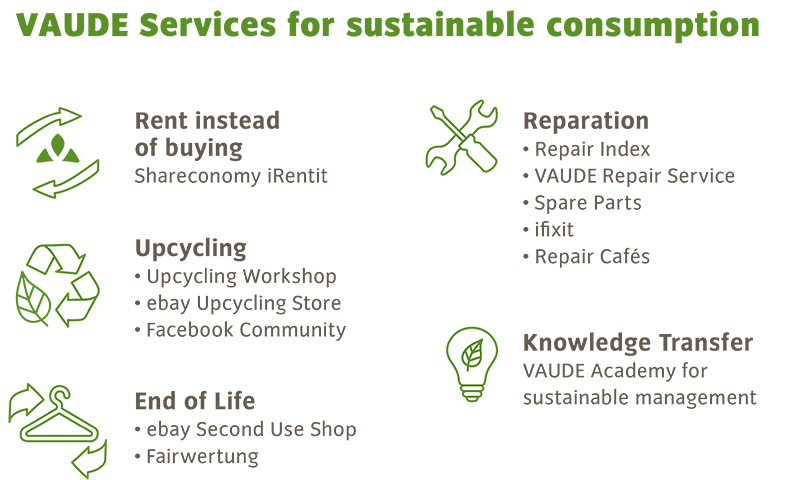
By signing the Detox Commitment, we have not only committed ourselves to eliminating the use of harmful chemicals, but also to developing an active contribution to new, responsible business models with environmentally friendly products for more sustainable consumption. We have initiated a wide array of measures and new business models to keep the ecological footprint in the life cycle of our products as small as possible.
For example, we have now launched the eBay Upcycling Store - a materials exchange for creative people. Residual materials that accumulate in our Manufaktur production facility are auctioned off for a good cause. The platform is open to interested companies from the textile industry and is designed to provide motivation for them to also offer their valuable material remnants via the platform rather than disposing of them. Since 2017, we have also been offering iRentit, a shared economy platform that allows users to rent and share our products.
To keep the ecological footprint of our products as small as possible, we are committed to ensuring that they can be used for years to come. To this end, we have, for example, firmly anchored the topic of reparability in the design process via a rating system, we think of spare parts and give many practical tips on how to care for and repair products. We have an in-house repair workshop and cooperate with repair services such as iFixit or the Repair Cafés. More about this at: https://csr-report.vaude.com/gri-en/product/repair-dont-replace.php
We are proud of what we have achieved, but we are also aware that there is still a way to go and we will continue to work on these issues.
A summary of all our progress can be found here
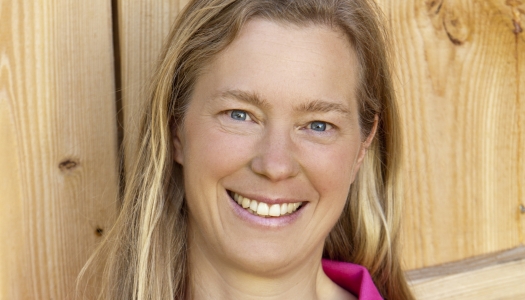
|
Your contact for this topic:
|




